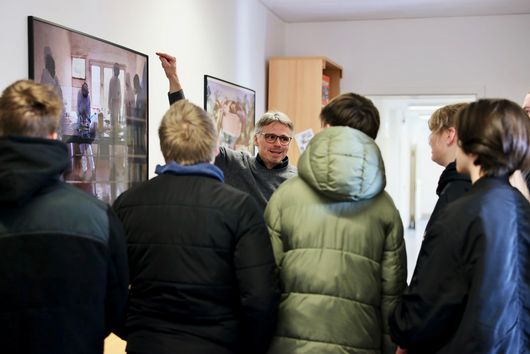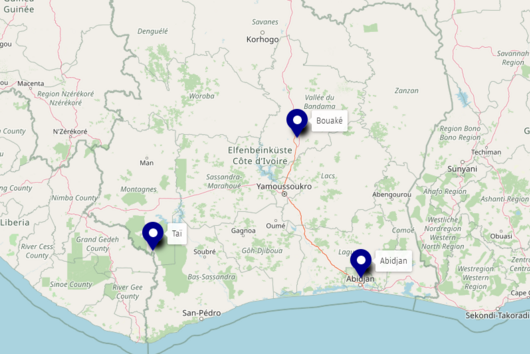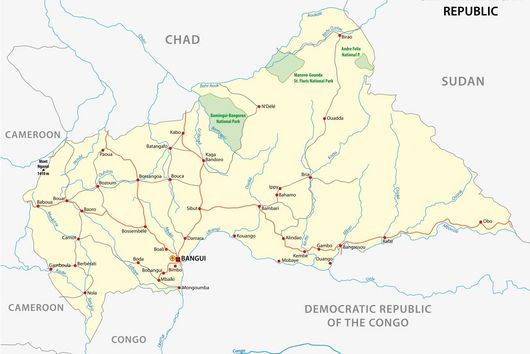Dr. Zimmermann, you head the One Health Surveillance Core Unit at the HIOH. Sounds complicated, what exactly is it and what is your group working on?
One Health research is about always considering the health of humans, animals and the environment together and that they cannot be separated from each other. Especially when you are researching antimicrobial resistance or zoonoses, i.e. diseases that spread from animals to humans, you have to consider all sides. The Core Unit aims to set up long-term One Health studies in various indicator regions and collect comprehensive long-term data, which will then serve as a basis for the various research departments at the HIOH and for our partner institutions. What is also particularly important to us is the responsible use of resources. It often makes sense to carry out different analyses with the same sample or to use the same infrastructure for different analyses so that not everyone does everything twice.
What exactly do these cohort studies look like?
In Africa, we are working with eight to nine villages in both countries that lie directly on the borders of the national park. We would like to recruit around 2,000 people for the cohorts and carry out various clinical examinations and distribute questionnaires every two to three years in order to gain information on the state of health in the population. We are currently developing the study design for this together with the Department of Epidemiology at the HZI. As these cohorts are to be true One Health cohorts, the extensive data already mentioned above will be collected at the same time.
How willing is the population to participate?
In both countries, people were very interested and very open. We tend to come from the field of wildlife research, and the locals think it's great that we are now also doing something in the villages and for the local population. In Germany, there tends to be cohort fatigue, which we absolutely cannot confirm for Africa.
Interview: Dr. Benjamin Blank
This text was published in the HZI magazine InFact in the issue Autumn 2024.












![[Translate to English:] Glaskugel mit Schema zum One Health Ansatz](/fileadmin/HIOH/__processed__/6/3/csm_header_6000px-format4-3-150dpi_72_f8c5bcd651.png)
![[Translate to English:] Portrait von Prof. Fabian Leendertz](/fileadmin/HIOH/__processed__/6/5/csm_Portrait-Fabian-Leendertz-Copyright_Stefan_Sauer_72_bf4b2ab673.jpg)
![[Translate to English:] Portrait von Fabian Leendertz © Stefan Sauer](/fileadmin/HIOH/__processed__/8/0/csm_copyright_Stefan_Sauer_72_1396ecab68.jpg)
![[Translate to English:] Hauptgebäude der Universität Greifswald](/fileadmin/HIOH/__processed__/b/9/csm_copyright_Greifswald_University_Jan_Messerschmidt_c6f86932c5.jpg)